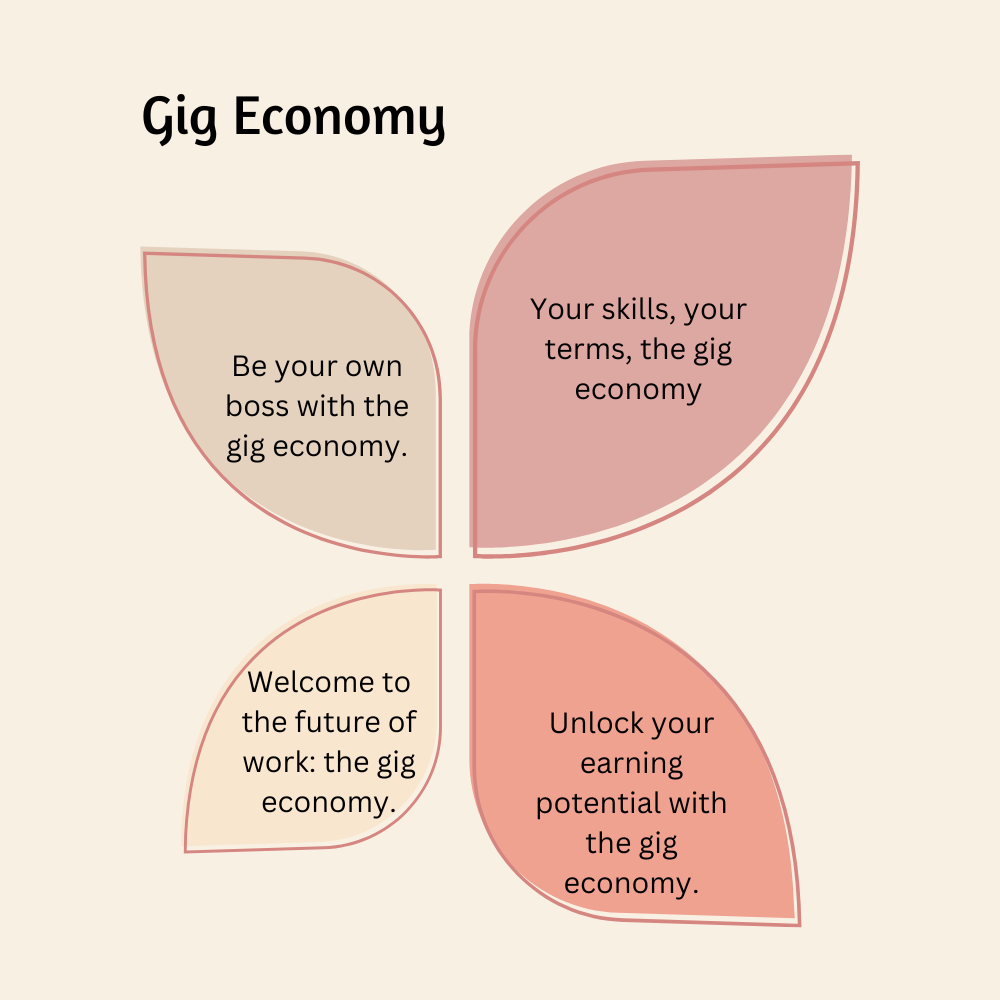Introduction :
The world of work has undergone significant changes over the past few years, with the COVID-19 pandemic accelerating the shift towards remote and flexible work arrangements. As we look ahead to the future, it’s clear that the way we work will continue to evolve, driven by technological advancements, changing demographics, and shifting expectations.
In this blog, we’ll explore some of the key trends shaping the future of work and what they mean for workers and organizations.
1. Remote Work
Remote work has become more common than ever before, thanks to the COVID-19 pandemic. Many companies were forced to adopt remote work models in response to government restrictions and safety concerns. However, remote work has proven to be beneficial in many ways, including greater flexibility and improved work-life balance.
In the future, remote work will likely become even more prevalent. Advances in technology such as 5G networks and video conferencing platforms will enable workers to collaborate more effectively and in real-time, regardless of their location. Additionally, many employees are seeking greater flexibility in their work arrangements, and remote work is seen as a key factor in achieving this.

2. Automation
Automation has been a buzzword in the world of work for some time now, and it’s only set to become more prevalent in the future. As machines and robots become more advanced, they will be able to perform more tasks that were previously done by humans. This includes everything from basic administrative tasks to more complex roles such as customer service and sales.
While some fear that automation will lead to job losses, others argue that it will create new opportunities for workers. As routine tasks become automated, workers will be able to focus on more creative and strategic work, such as problem-solving and innovation. However, it’s important for workers to develop skills that are difficult to automate, such as creativity, emotional intelligence, and critical thinking.

3. Gig Economy
The gig economy has exploded in recent years, with more workers opting for freelance or contract work rather than traditional employment. The gig economy offers workers greater flexibility and control over their work arrangements, allowing them to choose when and where they work.
In the future, the gig economy is set to continue to grow, driven by changing attitudes towards work and the rise of the digital economy. However, there are concerns that gig workers are more vulnerable to exploitation and lack the job security and benefits that come with traditional employment.

4. Lifelong Learning
As technology continues to evolve and new industries emerge, the need for lifelong learning has never been greater. Workers must continually update their skills to remain relevant in the workforce and take advantage of new opportunities.
In the future, employers will likely play a greater role in providing ongoing training and development for their employees. This will help ensure that their workforce has the skills needed to adapt to new technologies and industry developments.

5. Diversity, Equity, and Inclusion
Diversity, equity, and inclusion have become increasingly important in the workplace, and this trend is set to continue in the future. Many organizations are prioritizing these values as they recognize the benefits of having a diverse workforce, including greater innovation, better decision-making, and improved customer engagement.
In the future, organizations will likely focus even more on diversity, equity, and inclusion, as they recognize the need to create a more inclusive and equitable workplace. This will involve everything from hiring practices to employee retention and promotion.

6. The Rise of Hybrid Work
With the pandemic forcing many companies to adopt remote work, some organizations have recognized the benefits of a hybrid model, where employees work both remotely and in the office. This allows for greater flexibility and collaboration, while also providing employees with a sense of community and connection.
In the future, hybrid work is likely to become the norm for many organizations.

In conclusion, the future of work is set to be shaped by a range of factors, including remote work, automation, the gig economy, lifelong learning, diversity, equity, and inclusion, and the rise of hybrid work. While these trends present both challenges and opportunities for workers and organizations, it’s clear that the world of work is evolving rapidly.
To succeed in this changing landscape, workers must be adaptable and possess a range of skills, including those that are difficult to automate, such as creativity and emotional intelligence. Employers must also play a role in providing ongoing training and development for their employees to ensure they remain relevant in the workforce.
Finally, organizations must prioritize diversity, equity, and inclusion, recognizing the benefits of having a diverse workforce and the need to create a more inclusive and equitable workplace. By embracing these trends and proactively preparing for the future, workers and organizations alike can thrive in the dynamic world of work that lies ahead.
- If you enjoyed this article, please share it with your friends and colleagues who might be interested in the future of work.
- What are some of the skills that you think will be most in demand in the future of work? How are you planning to develop them? Share your thoughts and tips with us and our community.
- Do you have any questions or suggestions about the future of work? We would love to hear from you and answer them in our next blog post or podcast episode. Send us an email or a voice message and we’ll get back to you soon.


Very informative article